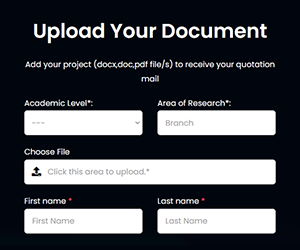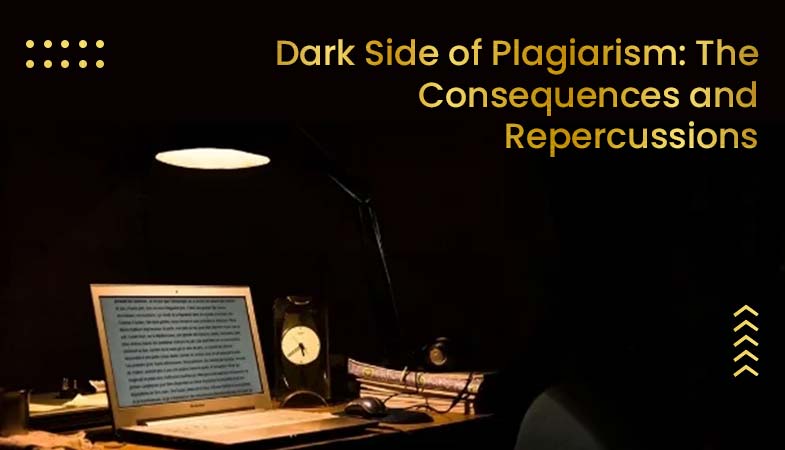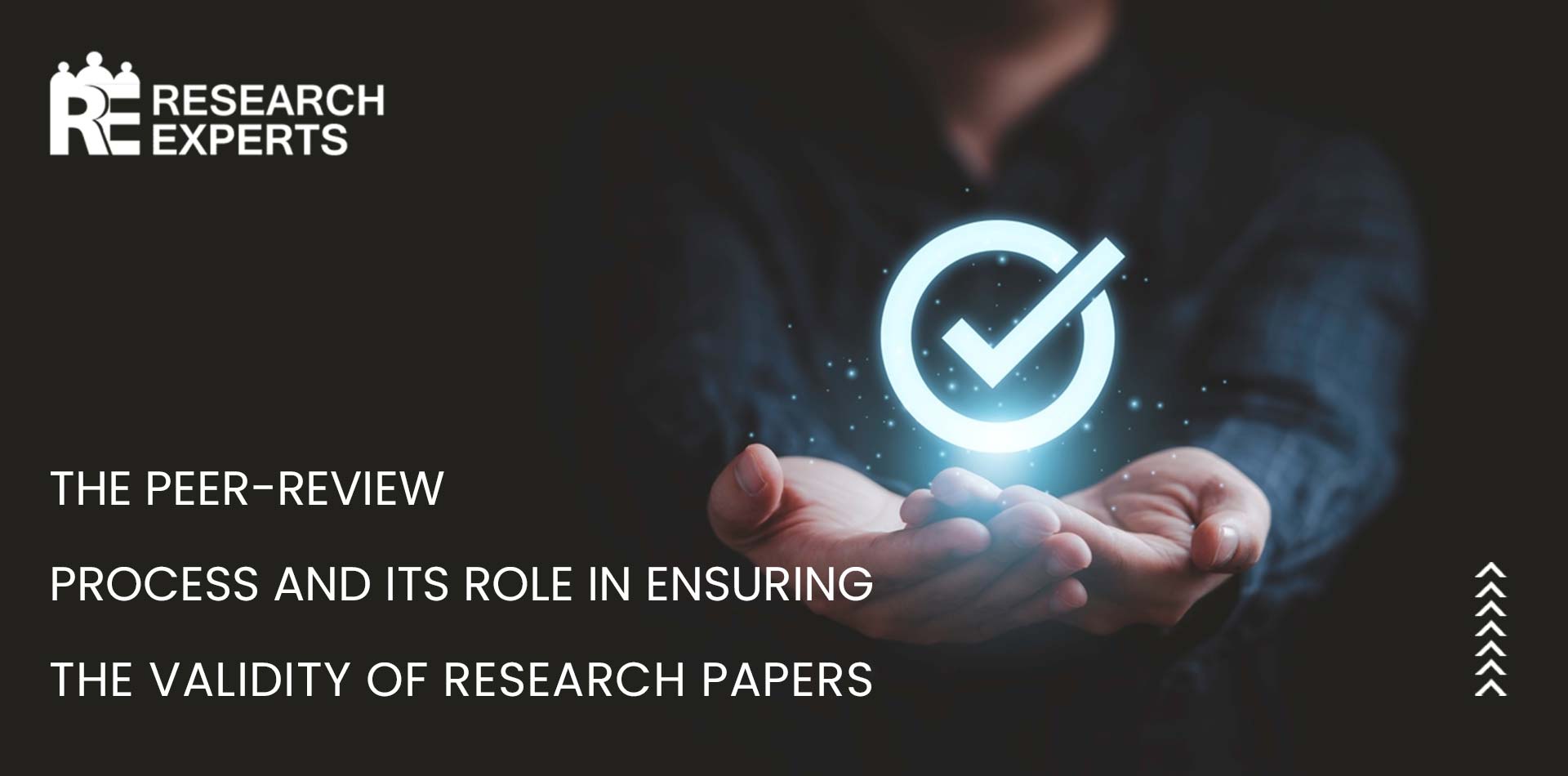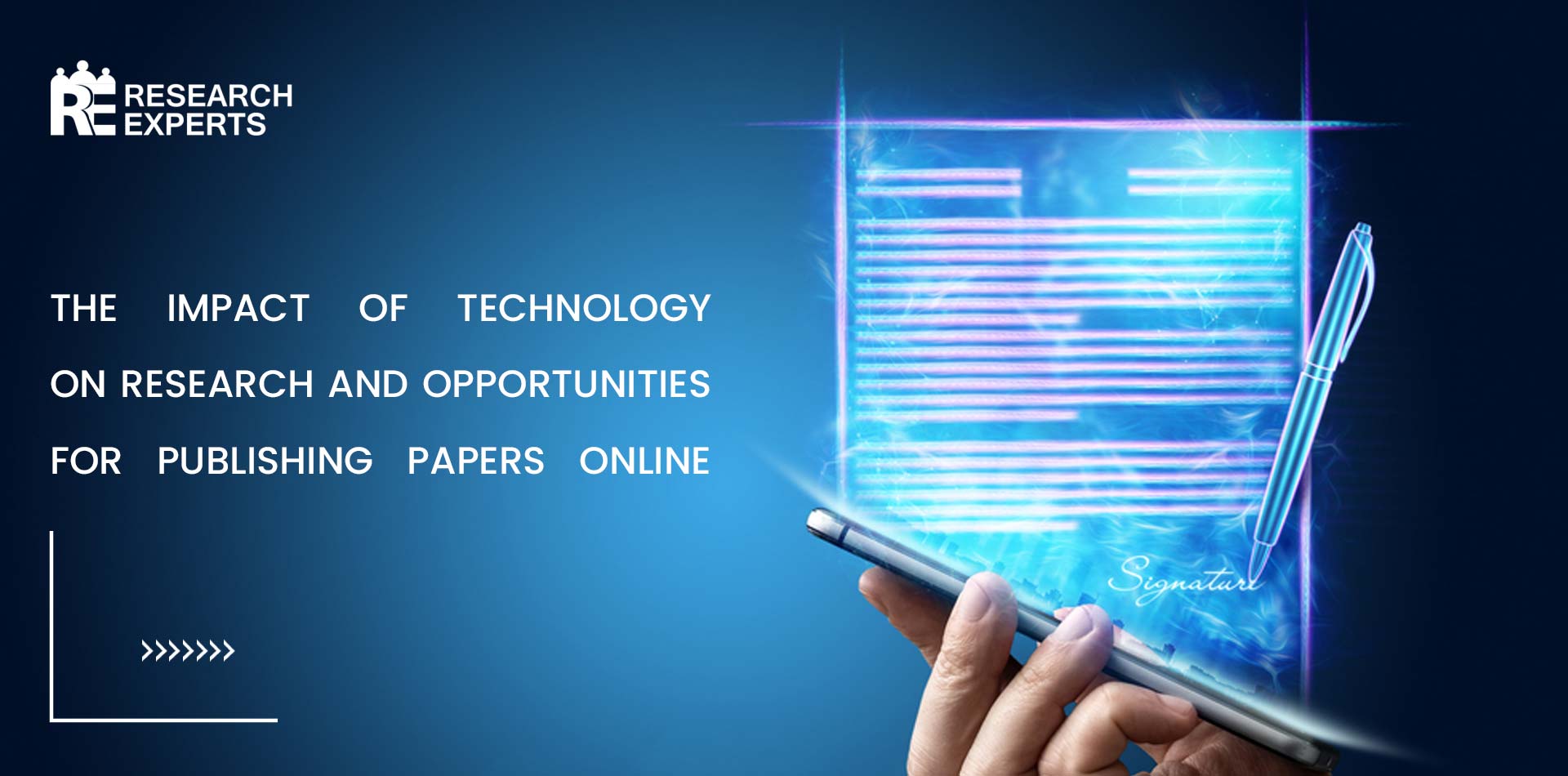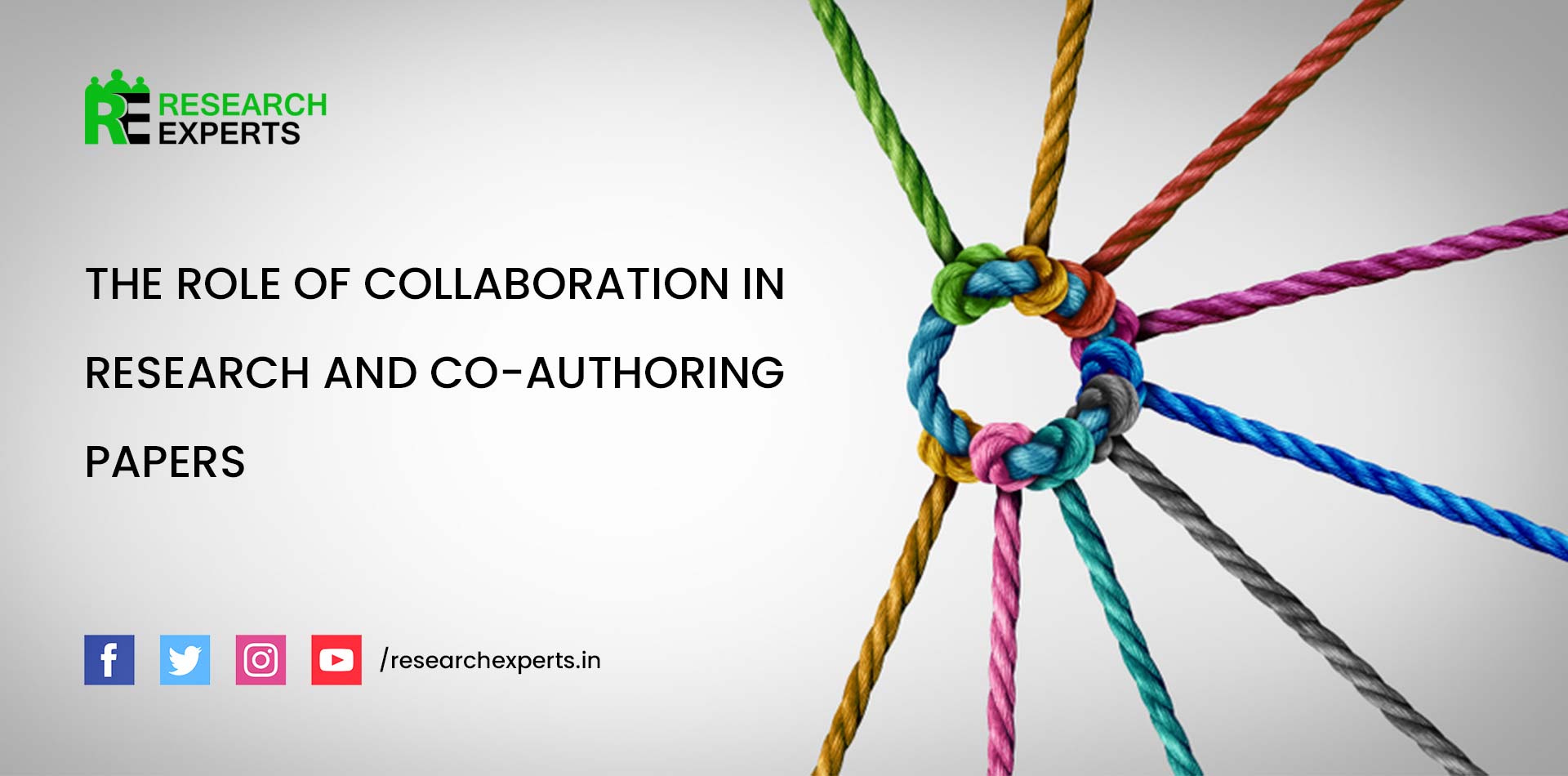
Academic Dishonesty and Plagiarism
Academic Dishonesty and Plagiarism – Academic Dishonesty and Plagiarism are closely connected, as plagiarism is one form of academic dishonesty. Academic dishonesty refers to any behavior that violates the standards of academic integrity, including cheating, fabrication, and plagiarism. Plagiarism refers to the practise of taking the work or ideas of another person and passing them off as one’s own without giving appropriate credit.
The consequences of academic dishonesty and plagiarism can be severe, both for individual students and for institutions. Students who are caught engaging in academic dishonesty may face disciplinary actions such as failing a course or assignment, being placed on academic probation, or being expelled. Institutions may also face the consequences for instances of academic dishonesty, such as damage to their reputation or loss of accreditation.
Know about Academic Plagiarism
- There are several reasons why academic dishonesty and plagiarism are considered serious offenses. One reason is that they undermine the integrity of the academic community. When students engage in academic dishonesty, they are cheating not only themselves but also their classmates and the institution as a whole. This can create an atmosphere of mistrust and undermine the value of a degree from that institution.
- Another reason why academic dishonesty is considered a serious offense is that they undermine the value of education itself. When students engage in academic dishonesty, they are not truly learning or gaining the knowledge and skills that they need to succeed in their chosen field. This not only harms the individual student but also has broader implications for society as a whole.
- There are several ways that students and institutions can prevent academic plagiarism. One way is for students to understand the importance of proper citation and to carefully document all sources used in their work. Institutions can also play a role in preventing academic dishonesty by offering resources such as workshops and seminars on proper citation practices and by using plagiarism detection software.
Conclusion
In conclusion, academic plagiarism is a serious offense that can have significant consequences for both individual students and institutions. These behaviors undermine the integrity of the academic community and the value of education itself. By understanding the importance of proper citation and using resources such as plagiarism detection software, both students and institutions can work together to prevent academic dishonesty and maintain the integrity of the academic community.

